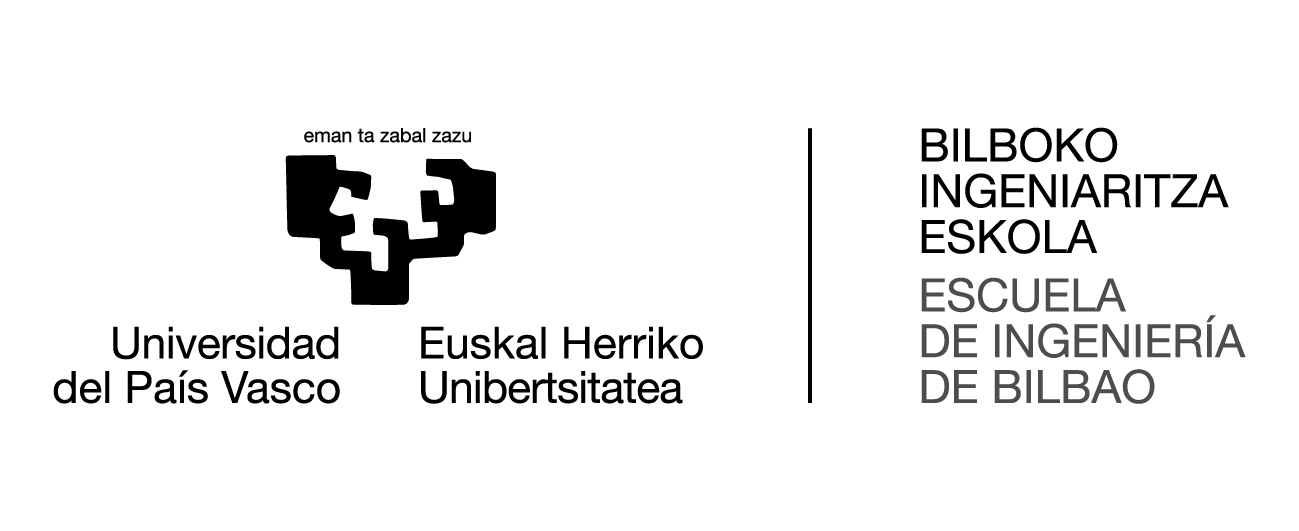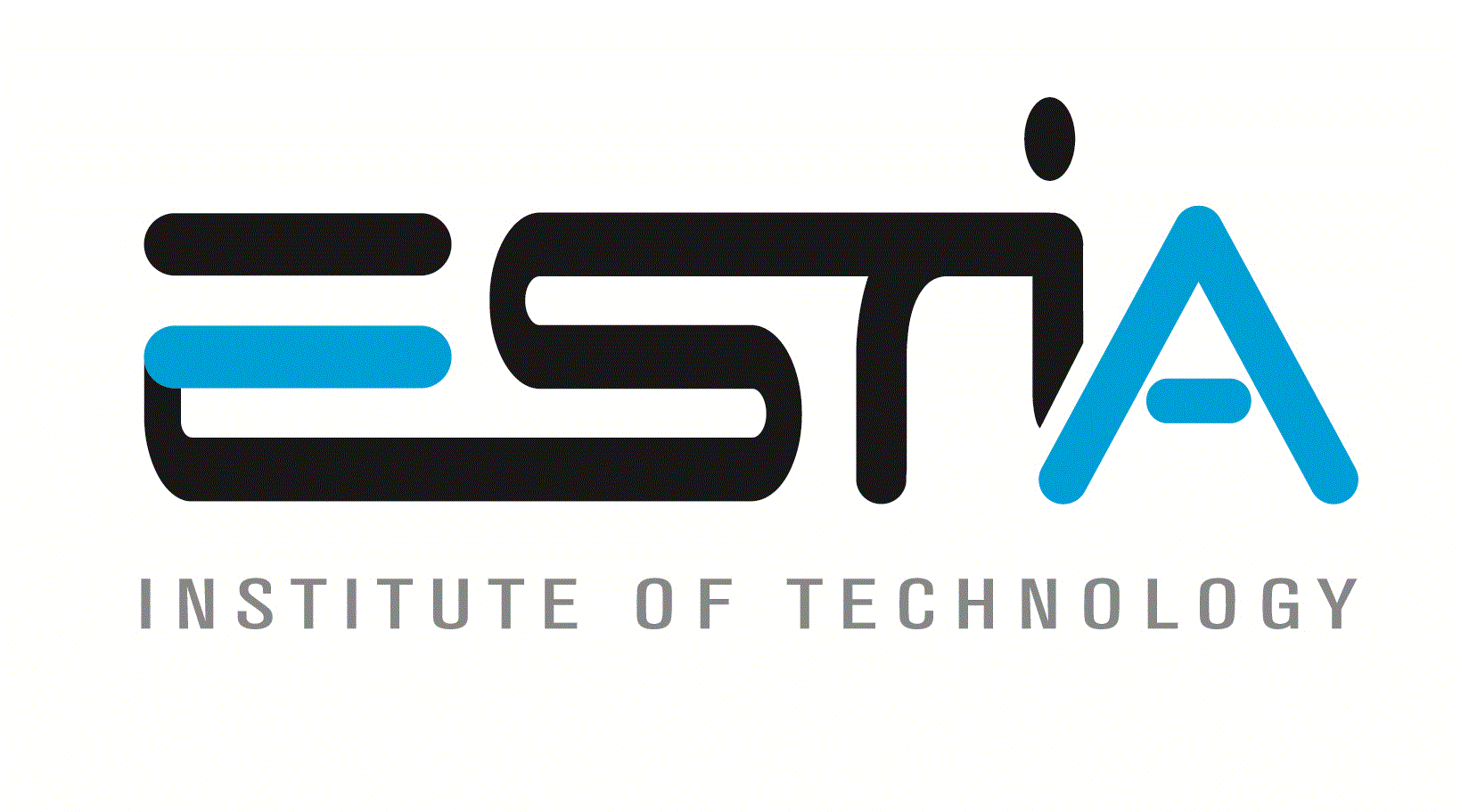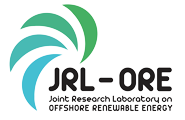
banner top

Ph. D. Thesis
Medical Devices with Embedded Electronics: Design and Development Methodology for Start-ups
- Doctoral student:
- Nerea Arandia Gainza
- Year:
- 2023
- Director(s):
- José Ignacio Gárate, Jon Mabe
- Description:
Nowadays, to address the healthcare sector's challenges, biotechnology is continuously demanding innovation. Recent events such as the COVID-19 pandemic, the ageing of the population, the increase in dependency rates and the need to promote personalised healthcare in both hospital and home environments highlight the need to develop more sophisticated, reliable, and connected medical monitoring and diagnostic devices quickly and efficiently.
Embedded connected systems have become a key technology for rapidly developing innovative low-cost diagnostic solutions. Embedded systems can be found in both monitoring and diagnostic systems. Some examples are glucose monitors, pacemakers, wearable monitoring devices, etc.
Being aware of the current opportunity in the sector, an increasing number of biotech start-ups are entering the medical device business. Despite having excellent ideas and technical solutions, many of these start-ups fail. This is due to a lack of knowledge of the healthcare sector and the regulatory requirements that must be met.
The design and development phases of embedded medical devices are regulated by two regulations in Europe: 2017/745, Medical Device Regulation (MDR) and 2017/746, In Vitro Medical Device Regulation (IVDR). Other standards define additional aspects, such as device functional safety (IEC 60601), software lifecycle (IEC 62304), quality management (ISO 13485), risk management (ISO 14971), device usability (IEC 62366) and cybersecurity (IEC 81001-5-1), among others.
A large number of regulatory requirements demand a procedural methodology for performing such developments. After analysing existing product design methodologies, no methodologies have been identified that fully address the needs of start-up companies that wish to develop medical devices.
Therefore, as a main contribution, this thesis presents a methodology that outlines the steps to design and develop embedded medical devices. As a methodology for start-ups, it aims to minimise the financial investment made during stages with high technological risk. In addition, the evaluation of the device by the client or product manager is encouraged in the early stages of development.
The proposed methodology, which intends to guide start-ups in the medical sector, is validated through its application in the development processes of several medical devices. Many have already obtained the CE marking, demonstrating the methodology's effectiveness. Likewise, the most critical procedures of the methodology are validated by the certification body Société Générale de Surveillance (SGS) within the ISO 13485 certification process conducted in Tekniker, a Research and Development Centre. Finally, studies supporting the proposed methodology's main concepts are reviewed and presented.








